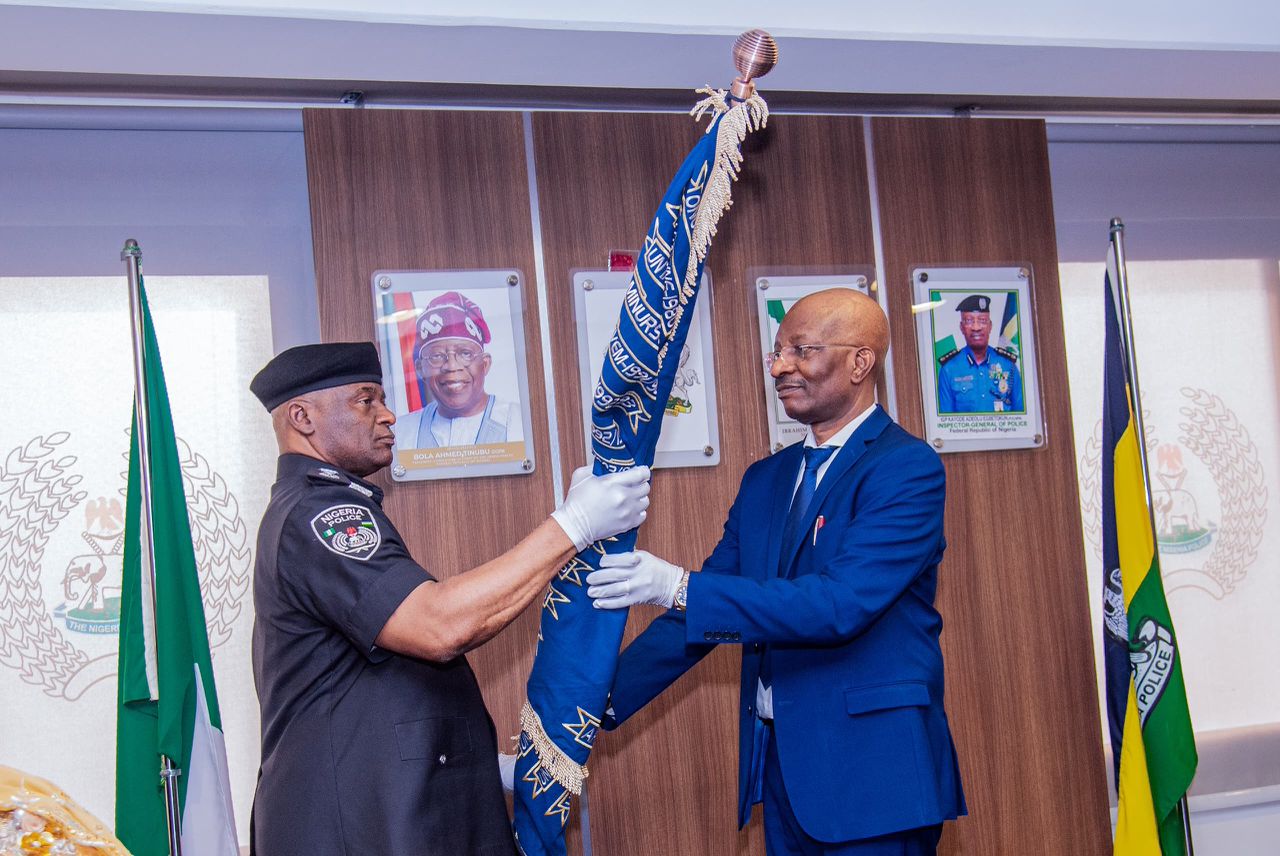A policy report issued by the Bashir Adeniyi Centre for International Trade and Investment (BACITI) has called for sweeping upgrades to Nigeria’s maritime and logistics infrastructure as the nation seeks to position itself as a key beneficiary of the African Continental Free Trade Area (AfCFTA).
Authored by Dr Adesuwa Erediauwa of the Nigerian Institute of International Affairs (NIIA), the report outlines practical steps Nigeria must take to become a competitive regional trade hub. Titled Economic Insight: Building Resilient Port and Trade Logistics in Africa, the document was unveiled on Sunday.
“Nigeria is at a crossroads. With AfCFTA presenting unprecedented trade opportunities, port and logistics reform is critical to ensuring the country doesn’t fall behind its African peers,” said Dr Erediauwa.
Nigeria’s ports currently process the bulk of the country’s external trade, with Lagos alone handling 1.5 million containers last year. However, inefficiencies persist. Port congestion, limited intermodal transport options, and outdated systems have left Nigeria languishing near the bottom of global performance rankings.
A 2023 World Bank assessment placed Nigeria’s ports at 311 out of 370 in global container port efficiency, a statistic that underlines the urgency of reform.
Dr Erediauwa warned that unless Nigeria upgrades its dry ports, improves hinterland connectivity, and fully embraces digital systems, its ability to reap the rewards of AfCFTA will remain limited.
“The opportunities of AfCFTA cannot be unlocked with 20-day port dwell times and underdeveloped rail and road networks,” she said.
To address these issues, the report calls for:
Full implementation of a national Port Community System by 2025.
Integration of blockchain technology to enhance cargo visibility.
Completion of the Lagos-Ibadan railway with extensions to major ports.
Investment in inland logistics centres to decentralise port activity.
Expansion of public-private partnerships to rehabilitate key regional ports.
Dr Erediauwa also recommended the introduction of a National Port Contingency Plan to better prepare Nigeria for global trade disruptions, such as pandemics or climate-related events.
She concluded that Nigeria’s large economy gives it a natural advantage—but only if strategic reforms are pursued with consistency and urgency.
“Infrastructure alone is not enough,” she said. “What Nigeria needs now is smart investment, digital transformation, and a long-term vision for its role in continental trade.”





